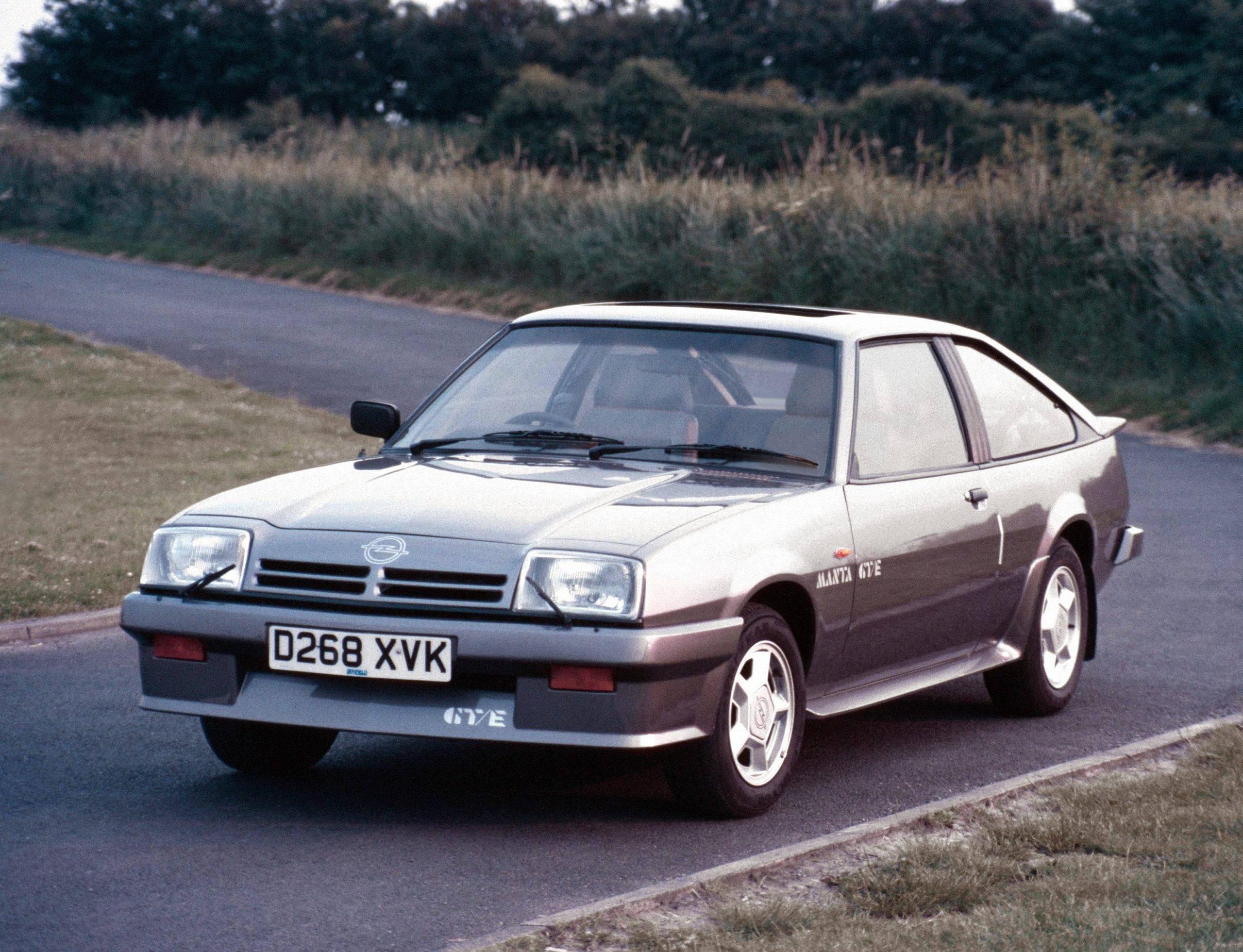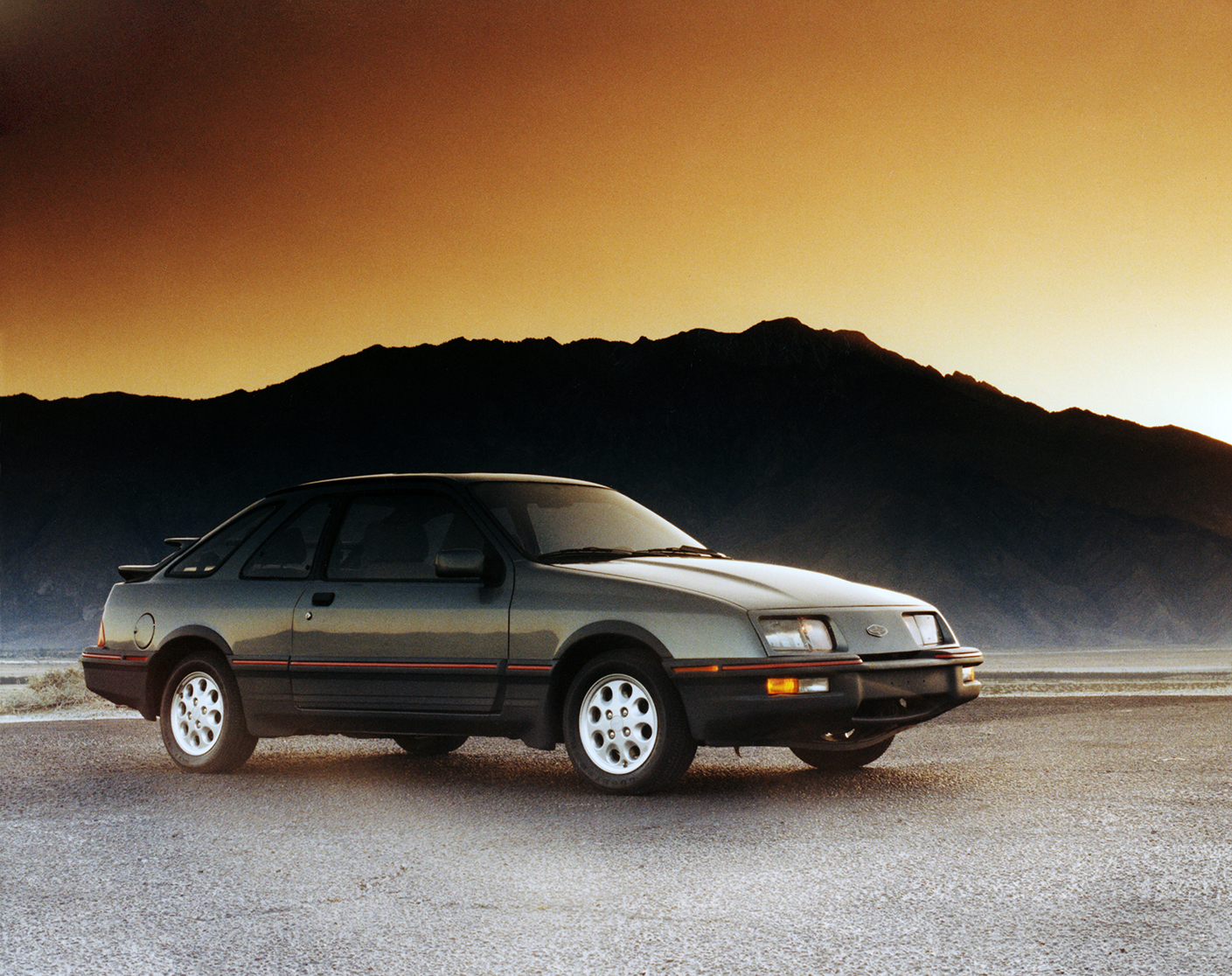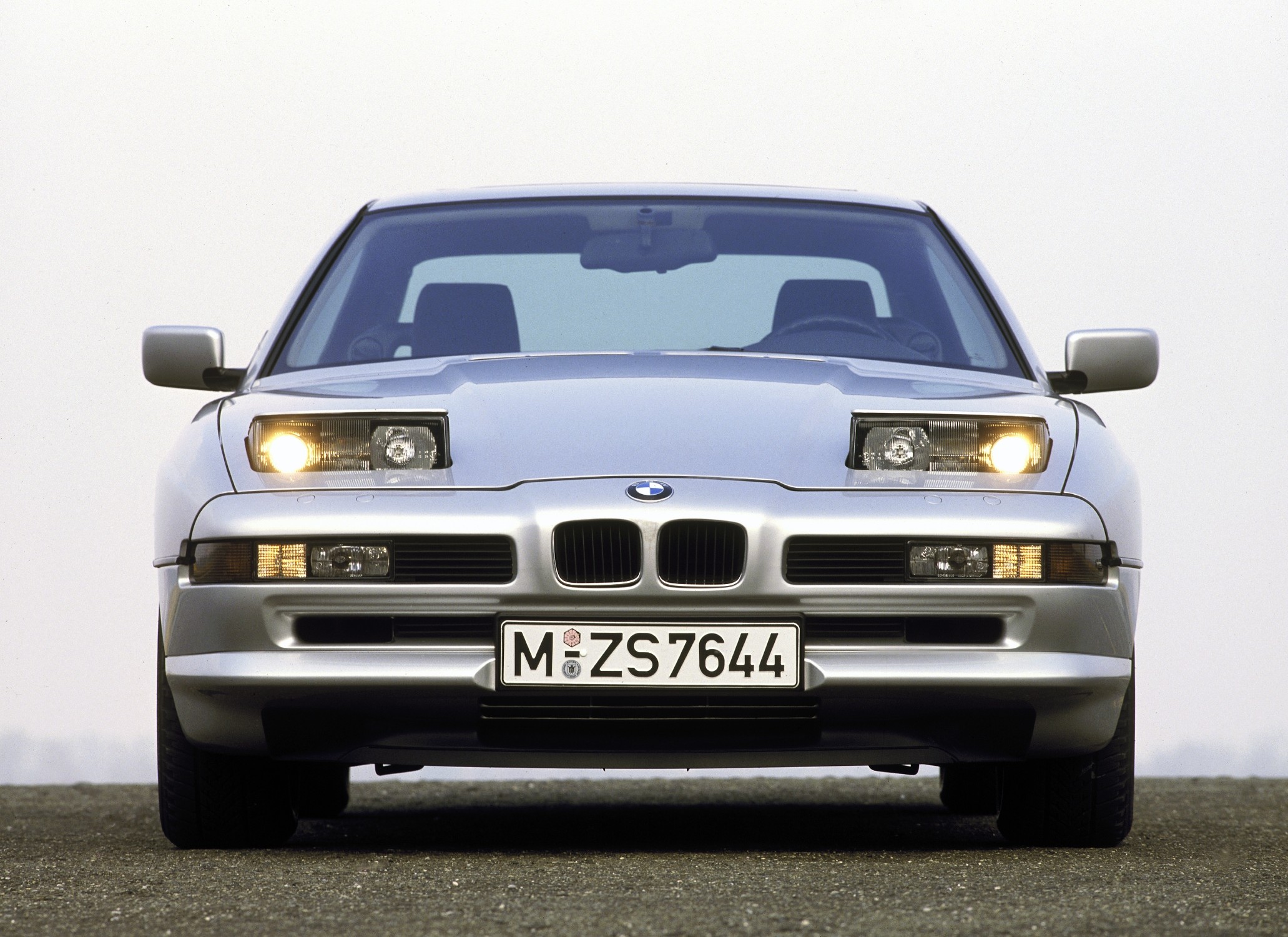Just before Christmas 2020 Sony released the PS5. Millions joined the virtual queue to get the next-generation games console in time for Christmas and many were disappointed not to be able to get one.
Why couldn’t they get the latest bit of gaming kit? Because scalpers had bought up the stock to sell on at a profit. By using bots to buy the consoles online in bulk, they took sales away from legitimate buyers, before flogging the devices at massive markups. The problem wasn’t unique to Sony’s flagship console, with Microsoft’s Xbox Series X also falling prey to the opportunists who resold their purchases for two or even three times the original price.

The situation was so dire that a group of British MPs called for legislation to ban this profiteering practice, as has already been applied to concert tickets.
What has all this got to do with cars you ask? Well, the same thing happens all the time when eagerly anticipated and limited-edition models are released – only it’s called ‘flipping.’
When Porsche launched its ‘dream specification’ 911 R in 2016, the 991 models built had a list price of £136,901 yet cars soon changed hands for half a million or more. McLaren’s Speedtail is limited to a run of just 106 and, even before all have been delivered to buyers paying £1.8m apiece, there’s one for auction in America with an estimate of between £2.6-£3.3m.
Flipping supercars is profiteering and nothing less. But why should anyone outside the one per cent care?
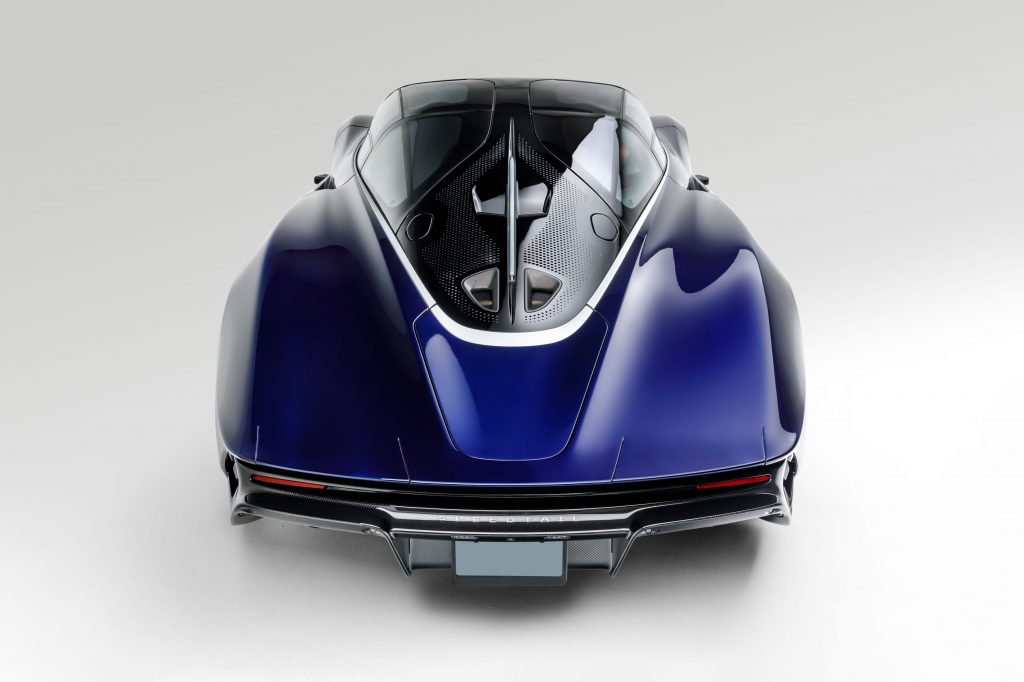
This practice means that cars that are built for enthusiasts to enjoy have simply become a currency to be traded and so are unlikely to ever be used as they were designed. That McLaren Speedtail has 30 miles on the odometer and its next buyer is hardly likely to add to that, especially if he or she has paid a million over the original asking price.
That’s a shame. When Andrew Frankel drove and reviewed the car for Hagerty – click here to immerse yourself in Speedtail goodness – he summed up what speculators would be missing out on: ‘McLaren reckons there are at most five F1s in the world in anything approaching regular use today, and I can see the Speedtail going the same way. I hope to be proven wrong, because in my one day in England I drove the Speedtail hard and fast enough to know what they’d be missing: one of the most sublime driving experiences it has been my pleasure to enjoy.’
Frankel probably racked up more miles during his road test than some of these cars will in a lifetime. And that is, frankly, criminal. Think of the hours spent in the design studio, the wind tunnel, climate chambers and test tracks that are effectively for nothing if these cars only get traded, not driven.
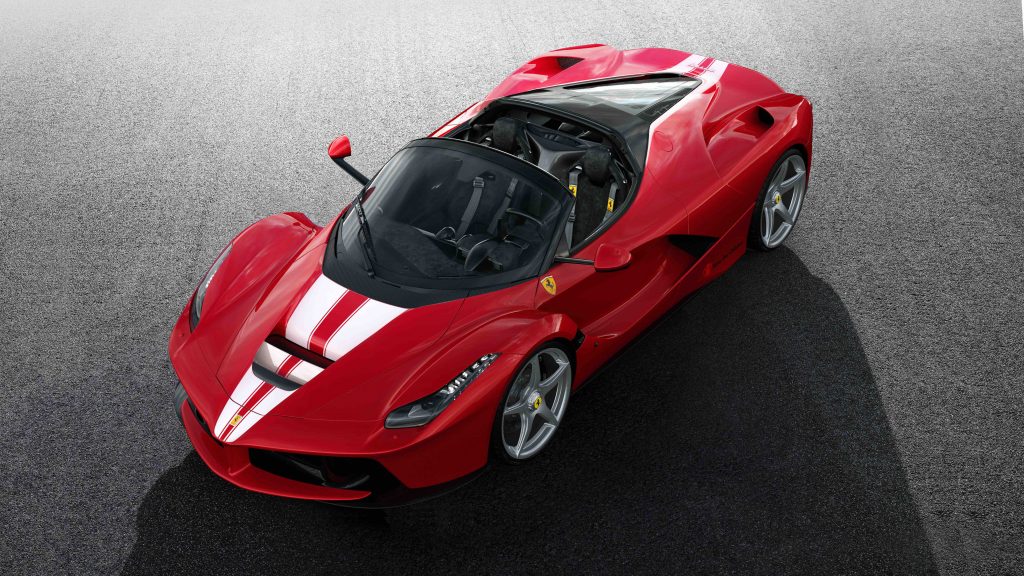
Some car makers try to avoid this opportunism by vetting customers, and only selling their most limited cars to loyal collectors, but that in itself causes problems. In 2016 former racer Preston Henn wanted to buy a LaFerrari Aperta, but despite owning 18 different Ferraris including an F40, an ex-Michael Schumacher F1 car and a hardtop LaFerrari, he was told that he was not eligible for the new hypercar. Feeling thoroughly resented after years of loyalty Henn attempted to sue Ferrari for defamation. Not what you’d call great customer relations.
It’s a free market you say. Supply and demand. Your MP probably isn’t going to go rushing to Parliament with a protest if you feel you’ve been scammed out of the line for the latest Lamborghini. Who cares if some one percenter pays over the odds for a Bentley Bacalar?
Well it’s not just the cars aimed at billionaires. BMW’s M2 received such an excitable reception in 2016 that within weeks a Los Angeles dealer was offering the car at almost double the manufacturer’s list price. Similarly a Florida dealer was offering a 2020 Toyota Supra for almost $200,000 when Toyota would sell you one for $50,000.
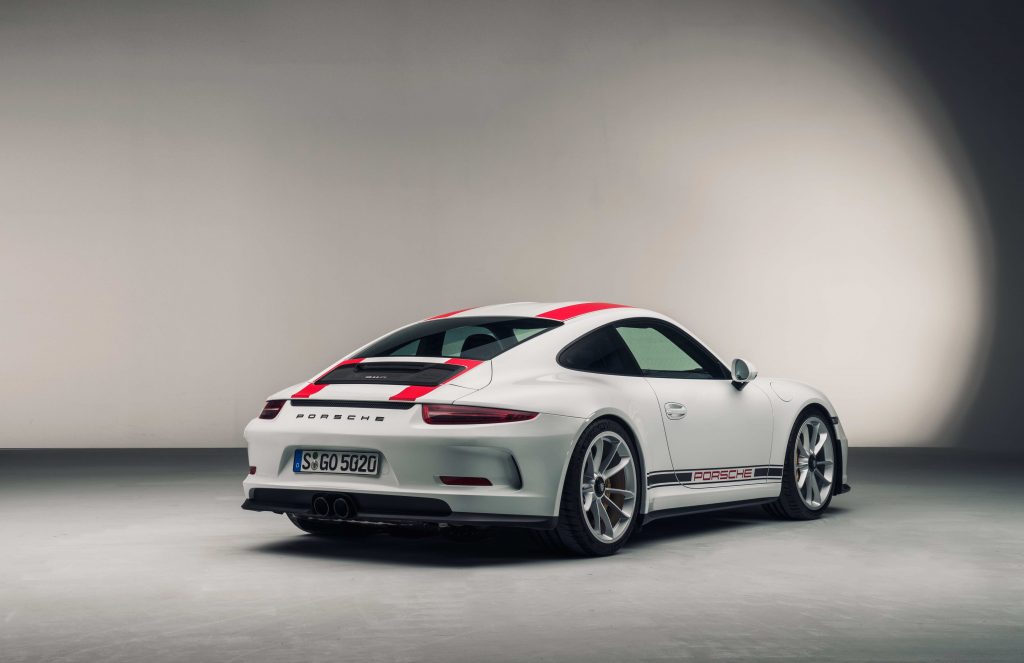
This kind of behaviour skews the market massively, turns a quick profit for some, but potentially leaves others in negative equity. Remember the half-million pound 911 R? Yours for £300,000 today.
With manufacturers seemingly releasing more and more limited editions and fuelling the fire, the biggest shame is that these investments simply become too valuable to be used, locked away in private collections and traded online.
Why can’t the speculators just buy bitcoin instead?
What’s your view of so-called supercar scalpers? Add your take to the comments, below.




